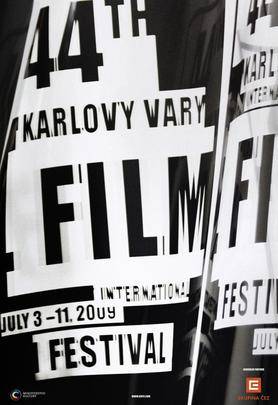Known to the world to be a festival of discovery, the famous Open Doors section at Locarno (Switzerland) showcases different national cinemas in development every year. In 2009, Open Doors chose Greater China, and yet among the 23 films shown, only three came from Hong Kong, namely, Fruit Chan’s Dumplings (2004), Pang Ho-Cheung’s Exodus (2007), and Emily Tang’s Perfect Life (2008). Tang’s Conjugation won an award at the festival in 2001, so picking up her second feature appears to be an easy programming decision. However, Tang’s interest in mainland China often draws her work away from an easy identification with Hong Kong film culture. Although Perfect Life is partially set in Hong Kong, it is interesting to note that Tang’s fiction- documentary hybrid deals with characters from mainland China and stylistically and thematically seems to be more in conversation with China’s Sixth Generation (e.g., Jia Zhangke’s 24 City ) (1) than with the Hong Kong New Wave.

Perfect Life, photo courtesy of Filmfreak Distributie
The 2009 Karlovy-Vary Film Festival screened no Hong Kong films. Although South Korea, Japan, Indonesia, Singapore, Taiwan, the PRC, and various Central Asian countries were represented, Hong Kong cinema was conspicuously absent. Like Cannes, Venice, and Berlin, Karlovy-Vary is an "A list" festival, which means that it is recognized as top-tier with a film competition as well as a varied offering of screenings outside of competition. Although tucked away in a spa city in the Czech Republic, the festival is not small, and, like Cannes, it attracts film programmers, critics, distributors, and others who follow the European film festival circuit. Karlovy-Vary’s focus, as can be expected, is on Eastern European film, and, with the end of the Cold War and dissolution of the Soviet Union as well as Czechoslovakia, the festival has established itself as an important venue for "East meets West" entries that explore the often painful emergence of the "new" Europe beyond the divide of the Iron Curtain.

Poster courtesy 44th Karlovy Vary IFF
Granted, Hong Kong represents a different meeting of East and West. A former British colony, Hong Kong had traditionally served as a buffer between the People’s Republic and the capitalist West at the edge of the "bamboo" rather than the "iron" curtain. However, this position would seem to place it within the orbit of Karlovy-Vary’s programming interests—at the meeting of post-socialist East and capitalist West and as a key player within a vigorous Asian film culture. Beyond these rather abstract connections, Hong Kong, more concretely, has had a reasonably "good" year in terms of film production. Although the commercial industry continues to decline, the types of independent and art films favored within the festival circuit manage to surface and find an audience. The Hong Kong International Film Festival holds its own with a film market and Asian Film Awards held around the same time. This serves as a showcase for Hong Kong as well as world cinema, and, like all film festivals, it provides an opportunity for film professionals to see and compare Hong Kong’s output with that of other countries. |
